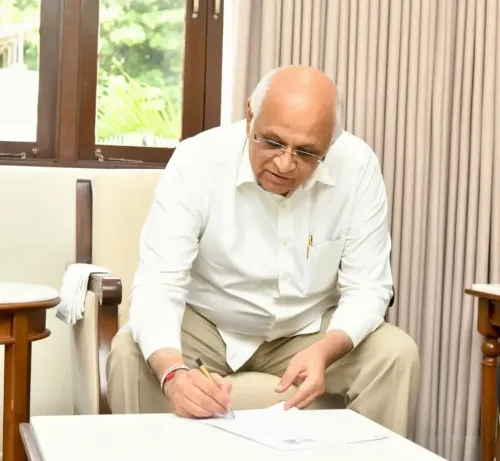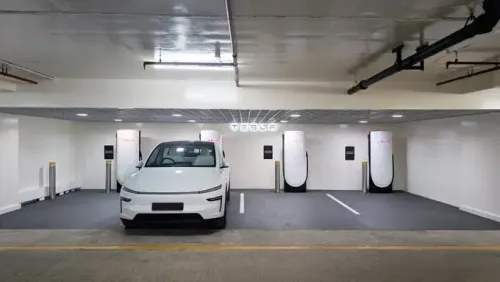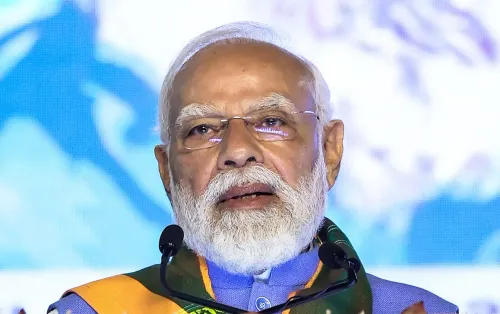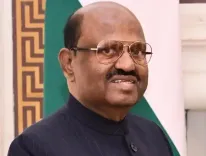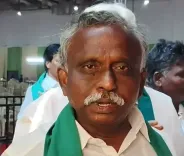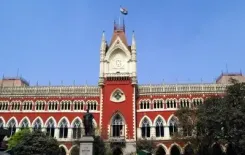Why is BJP Criticizing Trinamool Congress on the 50th Anniversary of the Emergency?
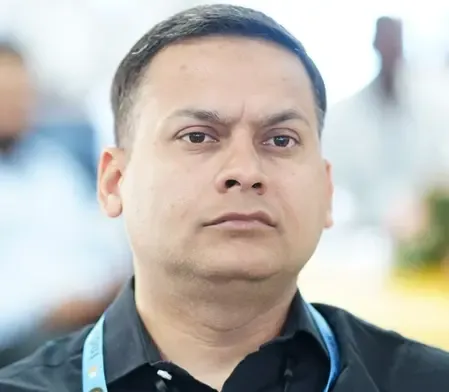
Synopsis
Key Takeaways
- The Emergency of 1975 remains a contentious issue in Indian politics.
- The BJP's criticism of Trinamool Congress centers on its historical ties to Congress.
- Mamata Banerjee's refusal to commemorate the Emergency reflects her political stance.
- The debate underscores the importance of civil rights and democratic accountability.
- Political narratives around the Emergency continue to shape contemporary governance.
Kolkata, June 25 (NationPress) The Trinamool Congress faced significant political criticism from the Bharatiya Janata Party (BJP) on the 50th anniversary of the Emergency declared in India in 1975, marking a dark period in the nation's democratic history.
Senior BJP officials, including Amit Malviya, the head of the party's IT Cell and central observer for West Bengal, suggested that it was unsurprising for the Trinamool Congress and its leader, Mamata Banerjee, to defend the Emergency imposed by former Prime Minister Indira Gandhi.
Malviya supported his claims by referencing Mamata Banerjee's initial political rise within the Congress under the mentorship of Siddhartha Shankar Ray, who is often regarded as a principal architect of the Emergency.
According to Malviya, Banerjee's political heritage prompted her recent decision not to observe the Union government's designation of June 25 as 'Samvidhaan Hatya Diwas' in West Bengal.
“CM Mamata Banerjee’s refusal to commemorate the 50th anniversary of the Emergency as 'Samvidhaan Hatya Diwas' is no surprise,” Malviya stated, highlighting her early affiliation with Congress and the dark legacy of repression during the Emergency.
He also recalled a past incident where Banerjee, as a youth Congress leader, had attempted to climb onto the vehicle of J.P. Narayan, the leader of the anti-Emergency movement in 1975.
“She later confessed to opposing JP's movement, which aimed to protect the Constitution from an overreaching regime,” Malviya added.
Earlier, while addressing a post from Sagarika Ghose, a Trinamool Congress Rajya Sabha member, who defended the Emergency by asserting it was a response to the RSS’s incitement towards chaos, Malviya argued that her statements demonstrated the same “dynasty-driven, authoritarian mentality” that led Congress to impose the Emergency in 1975.
In response, state BJP leader Keya Ghosh, a former journalist, remarked that Ghose’s indirect endorsement of the Emergency, coupled with Banerjee’s refusal to commemorate 'Samvidhaan Hatya Diwas', illustrated that the ruling Trinamool Congress is merely a derivative of Congress.
“The Trinamool Congress cannot grasp the concept of sacrifice, as their political foundation is built on blind loyalty and inherited power. The Emergency was not solely a Congress offense; it represents a mindset that Trinamool Congress continues to uphold,” Ghosh stated.

